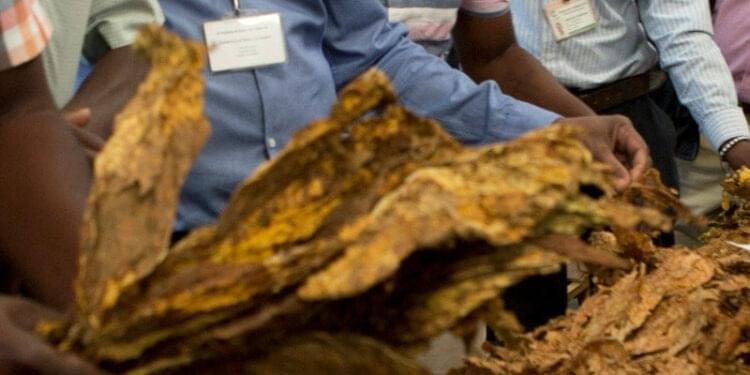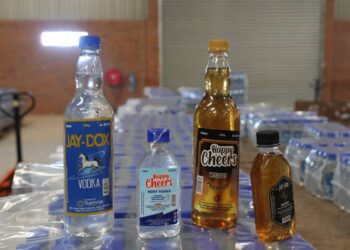Tobacco growers in Zimbabwe, Africa’s largest producer of the cash crop, are gearing up for this year’s marketing season, set to start in March.
Despite facing unfavorable weather patterns that affected some of the crop, farmers remain hopeful for a successful season. The farming season was characterized by the late onset of rains, with some regions experiencing severe hailstorms.
Chelesani Tsarwe, public affairs officer of the tobacco industry and marketing board, said that while the previous season saw a record high of 296 million kgs of tobacco, this year’s projection is around 250 million kgs due to the dry spell experienced. The Zimbabwean government aims to increase production to 300 million kgs per year by 2025.
George Seremwe, president of the Zimbabwe Tobacco Growers Association, highlighted the tough conditions faced this season, which included the dry spell. He said that last season had good rains and quality, resulting in a positive outcome.
The Tobacco Industry and Marketing Board announced that tobacco auction floors will open on March 13, followed by contact floors the next day.
Shaw Mutalepo, farm manager at Little North Farm in Norton town in north-central Zimbabwe, said that despite the challenges, preparations for the selling season were well underway.
Seremwe echoed Mutalepo’s sentiments, noting that favorable pricing would be crucial for farmers to cover costs, especially for small-scale farmers who make up over 80 percent of tobacco farmers in the country.
Zimbabwe’s tobacco is renowned worldwide, contributing significantly to the country’s foreign currency earnings, bringing in close to 1 billion U.S. dollars in export earnings. Tsarwe highlighted China as an important market, saying “for the 2023 season we exported 75.8 million kgs of tobacco to China, and for the 2022 season we exported 67.8 million kgs of tobacco to China.”
While tobacco remains a major foreign currency earner, Seremwe stressed the need for increased value addition to maximize benefits, particularly for small-scale farmers.
“We think it will be very important for the government and the stakeholders to work on value addition, that is value addition locally, with that, probably we hope that the profits will also be shared among farmers,” Seremwe said.
Source Newzimbabwe










